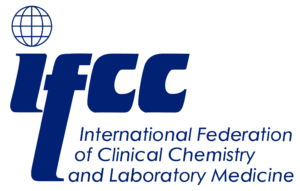Objectives
Therapeutic drug monitoring (TDM) that guides infliximab (IFX) intensification strategies has been shown to improve IFX efficacy. We conducted a review to evaluate the utility of TDM in the assessment and subsequent management of IFX loss of response in our pediatric population with Crohn disease (CD).
Methods
Single-center retrospective study of patients with CD receiving IFX that had TDM from December 2009 to September 2013. We defined subtherapeutic trough as a drug level below the detection limit of the Prometheus enzyme-linked immunoabsorbant assay and Anser reference values (1.4 and 1 μg/mL, respectively) or a mid-interval level <12 μg/mL.
Results
One hundred ninety-one IFX concentration tests were performed on 72 patients with CD with loss of response to therapy as the primary indication (72%). 34% of all TDM were subtherapeutic. After initial TDM, 25 of the 72 patients received regimen intensification with 72% in clinical remission at 6 months. Including all of the TDM that resulted in IFX dose intensification, we found a significant improvement in 6-month remission rates whether intensification followed mid-interval (88% remission) or trough (56% remission) testing (P = 0.026). Antibody to infliximab was found in 14 patients with 5 occurring in the first year of therapy. Furthermore, 71% of patients with antibody to infliximab that were switched to an alternative anti-tumor necrosis factor achieved clinical remission at six months. In multivariable regression analysis, we found IFX dose (mg/kg), IFX dosing frequency (weeks), and the erythrocyte sedimentation rate at the previous infusion were significantly associated with the IFX concentration.
Conclusions
TDM in our pediatric population with CD led to informed clinical decisions and improved rates of clinical remission.

